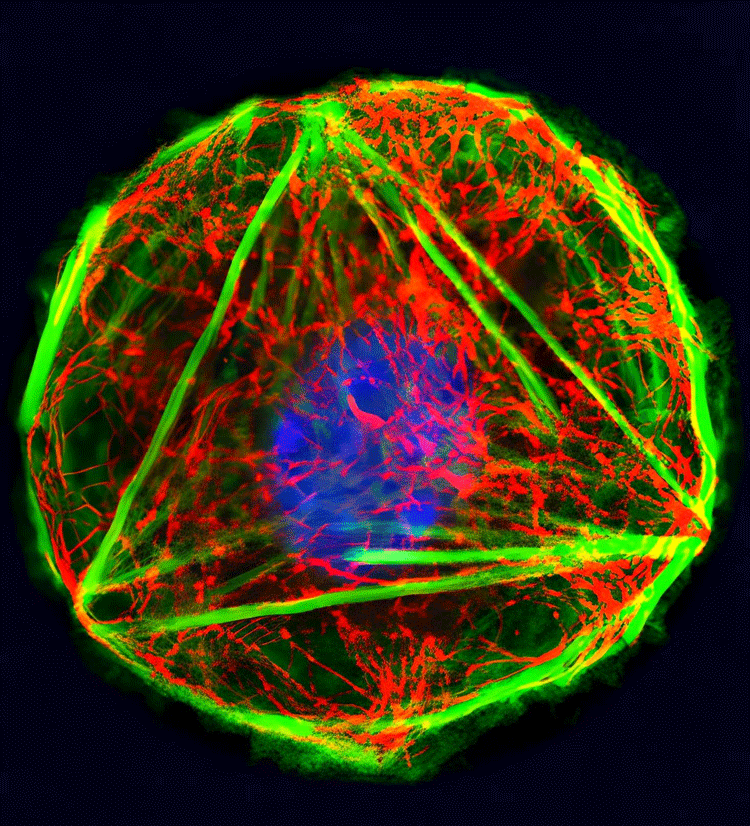Systems Bioengineering Laboratory
Advancing Precision Medicine through Biomedical Engineering
Explore Our Work
Studying the complexities of the Human Body
At the Systems Bioengineering Lab, we study the human body as a sophisticated electromechanical system. Despite extensive research over millennia, our understanding of its complex biological systems remains incomplete. Our lab employs multidisciplinary approaches to elucidate the mechanisms of human physiology and pathology.
We integrate engineering principles with biomedical sciences to develop innovative therapeutic strategies for complex diseases such as diabetic nephropathy and heart failure. Our research methodologies encompass stem cell-based tissue engineering and machine learning-driven computational modeling. These advanced techniques aim to create next-generation research tools while minimizing reliance on animal models.
We are a diverse team of engineers, nephrologists, cell biologists, and biochemists. As such, research in the Systems Bioengineering Lab is exceptionally multidisciplinary, covering a range of projects from basic cell biology to biomedical informatics and many areas in between. We are also deeply committed to mentorship, fostering the next generation of scientists and engineers through hands-on training and guidance. Our research projects have been continuously funded through multiple grants from the National Institutes of Health, Department of the Army, American Society of Nephrology, as well as other private and industry sources. These projects fall under one of the following two major research themes.
Recent news
Funding
If you would like to support our translational program searching for the next generation therapeutics, you can donate by clicking on this link and specifying “Azeloglu Lab, Division of Nephrology” under other.



